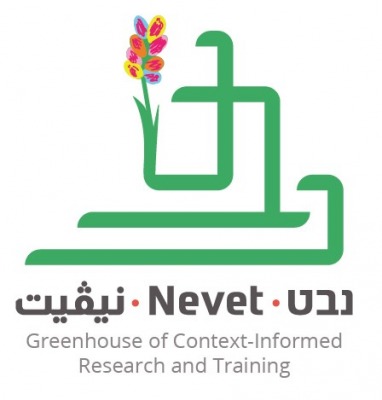19 May, 2022

Over the last decade professor Dr. Heidi Keller, a world’s leading scholar of cross-cultural child development, devoted extensive time and research to explore one of the most prevailing and influential developmental theory "Attachment Theory", in light of cultures, contexts and diversities.
From across the world evidence accumulated pointing at the cultural blindness of attachment theory leading to wrong evaluations, misdiagnoses, and dangerous interventions as in the case of inaccurate custody decisions. In this brilliant book The Myth of Attachment Theory, Keller outlines the evolution of attachment theory and the dynamics of its unfolding including the resistance to criticism of its followers.
Keller critically explores the core values and assumptions of attachment theory: Must attachment figures be adults? Can a child only form few attachment relationships?, Are social interactions exclusive, dyadic and dialogic? Is behavior regulated through emotions? Could infants have the lead? Evidence from research and observation in different cultures and contexts provide the answers to these questions and by that shake the grounds of attachment theory. In addition to highlighting unsolved problems in core assumptions, Keller questions the methodology and application of the theory, with special attention to the Berlin and Munich models of early care. The book further explores reflections about culture conscious transition processes as a multidimensional process.
An important ethical discussion ends this groundbreaking and thought provoking book. Can daycare pedagogy continue to be culture blind and "attachment theory" based? Should custody decisions in diverse groups be made without consideration of the cultural contexts?
The Myth of Attachment Theory opens a new window to practitioners, parents and researchers and advocates for a contextually embedded understanding of child development.
From across the world evidence accumulated pointing at the cultural blindness of attachment theory leading to wrong evaluations, misdiagnoses, and dangerous interventions as in the case of inaccurate custody decisions. In this brilliant book The Myth of Attachment Theory, Keller outlines the evolution of attachment theory and the dynamics of its unfolding including the resistance to criticism of its followers.
Keller critically explores the core values and assumptions of attachment theory: Must attachment figures be adults? Can a child only form few attachment relationships?, Are social interactions exclusive, dyadic and dialogic? Is behavior regulated through emotions? Could infants have the lead? Evidence from research and observation in different cultures and contexts provide the answers to these questions and by that shake the grounds of attachment theory. In addition to highlighting unsolved problems in core assumptions, Keller questions the methodology and application of the theory, with special attention to the Berlin and Munich models of early care. The book further explores reflections about culture conscious transition processes as a multidimensional process.
An important ethical discussion ends this groundbreaking and thought provoking book. Can daycare pedagogy continue to be culture blind and "attachment theory" based? Should custody decisions in diverse groups be made without consideration of the cultural contexts?
The Myth of Attachment Theory opens a new window to practitioners, parents and researchers and advocates for a contextually embedded understanding of child development.

